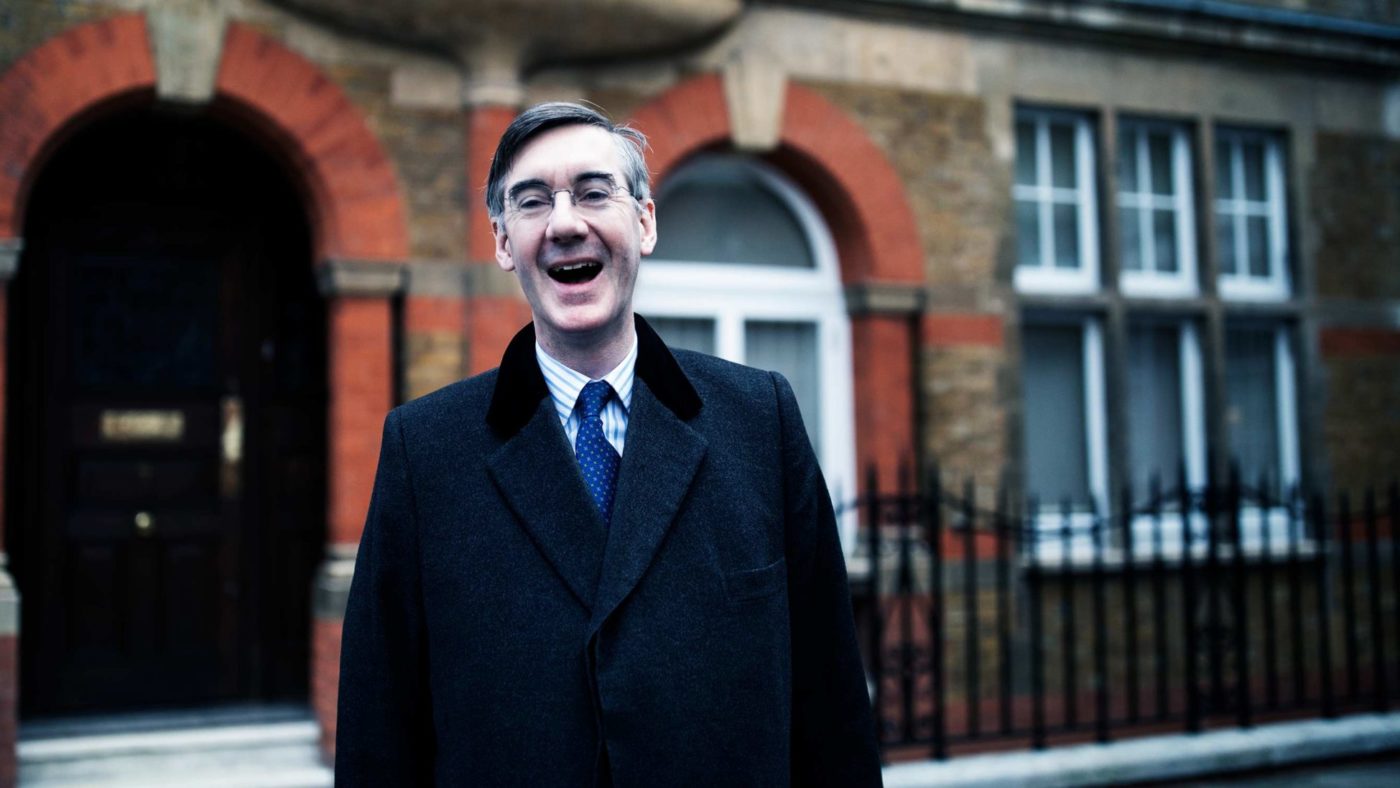Another week, another ride on the Brexit big dipper. The twists and turns of the last seven days included a second rejection of the Prime Minister’s deal by the House of Commons, a further breakdown in Conservative discipline with Cabinet ministers defying a three-line whip yet keeping their jobs, and the odd spectacle of Brexit Secretary Stephen Barclay arguing at the Despatch Box for a delay to Britain’s departure – then, moments later, voting against it.
The rollercoaster analogy is not an original one. But the real reason a comparison between Brexit and a theme park ride is so apt isn’t the bumps and loop-the-loops involved – though there have been plenty of those. It’s the fact that a rollercoaster always deposits you where you started. A quick adrenaline rush, a few minutes of excitement and you’re back at the exact spot you were, except feeling a little queasier.
And that, in recent months, is how the Brexit debate has felt. Because the notable thing about so much of the drama is just how little it changes in terms of the fundamental decision MPs need to make.
MPs can, at this point, pursue one of three outcomes: Brexit with the deal on offer (or something very similar), Brexit with no deal, or no Brexit at all.
As with any three-way choice, the complicated part of the decision-making process is knowing when to switch your choice from first to second preference because your ideal outcome is a lost cause. Such a move can be agonising – just ask the Brexiteer MPs who dropped their opposition to the Prime Minister’s deal this week – but there is no escape from the trilemma.
And yet many in Parliament continue to search for another way out – in particular, viewing a delay to the process as some kind of escape route, rather than an exercise in wishing away the Brexit trade-offs that they eventually need to confront.
Just as mistaken are those who put too much stock in non-binding expressions of Parliament’s will. Or indicative votes. Or cleverly-worded amendments cooked up by legal brains on the backbenches.
And as with previous rides on the Brexit rollercoaster, this week ended where it started: with all eyes on the vexed question of the Irish backstop.
Geoffrey Cox, whose verdict on Britain’s ability to withdraw unilaterally from the mechanism scuppered May’s deal on Tuesday, was reported to have updated his legal advice by Friday. Meanwhile, the DUP – whose votes are essential if May’s deal is to pass on the third attempt – were reported to be inching closer to backing the government.
Shortly after May published the Withdrawal Agreement in November, Philippe Legrain argued on CapX that the new Brexit dividing line was between pragmatists and players. Legrain said that the pragmatists were the ones who willing to back a bad deal instead of ‘no-deal chaos’ while the players were ‘willing to risk no-deal chaos to achieve their various ends.’
Increasingly, however, the real dividing line is between those being honest with voters, and those being disingenuous. In the first camp are those who, whether their preference is for May’s deal, no deal or no Brexit, vote accordingly and make no bones about their objective. Then there are those who obsess over Parliamentary process and hide behind legalese – such as the supporters of a ‘People’s Vote’ who won’t actually vote for it.
Until they ditch this displacement activity, we are all stuck on the rollercoaster: moving at breakneck speed but going nowhere fast.
CapX depends on the generosity of its readers. If you value what we do, please consider making a donation.


